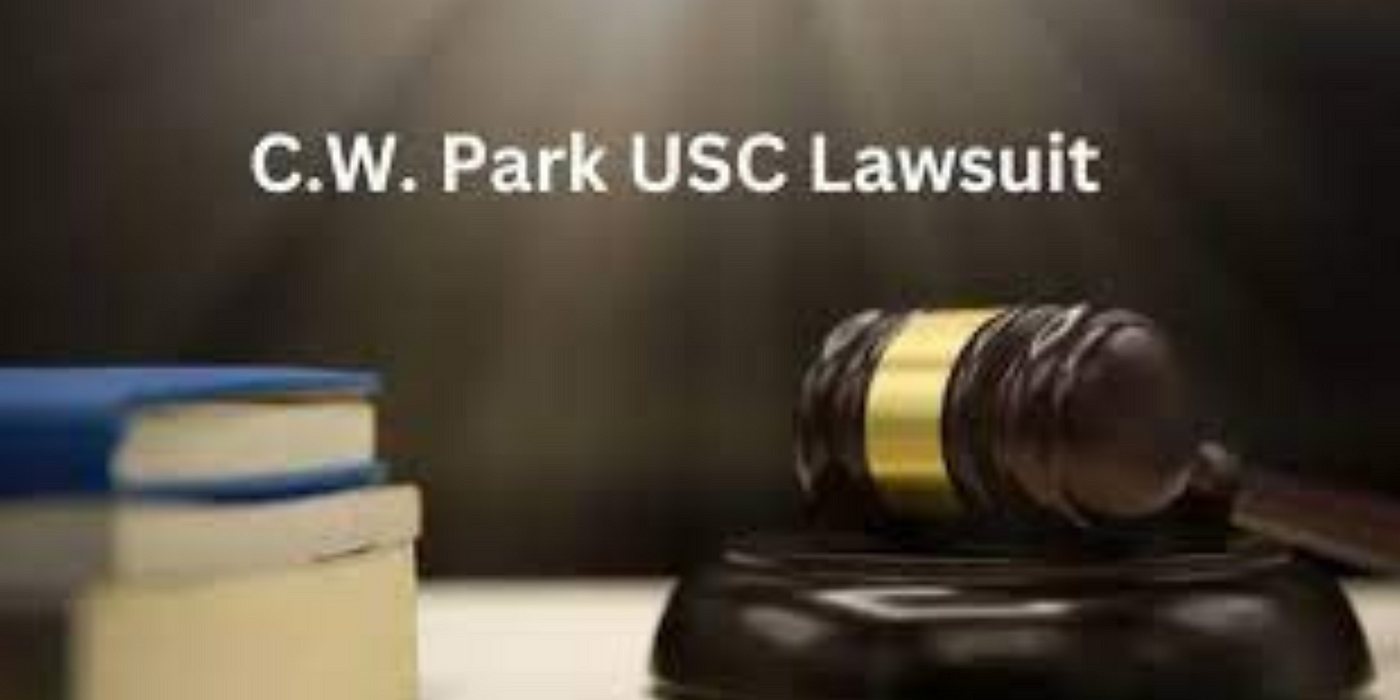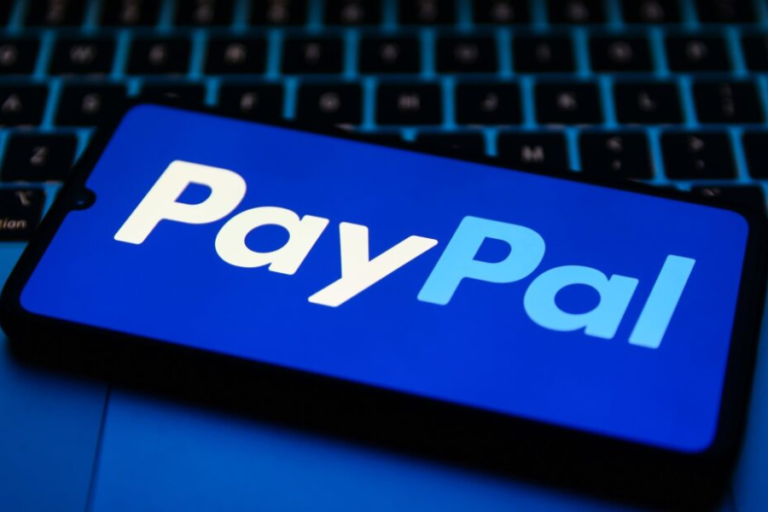Unpacking the Impact: The C.W. Park USC Lawsuit and Its Implications
In the realm of higher education, few things capture attention like a legal battle that could reshape policies and perceptions within a university community. The C.W. Park USC lawsuit is one such case, unfolding with significant implications for accountability and commitment in academia.
Understanding the Case
At its core, the C.W. Park USC lawsuit centers around allegations that delve into the heart of academic integrity and institutional responsibility. Dr. C.W. Park, a prominent figure within USC, has filed a lawsuit citing issues related to professional conduct and ethical standards. The specifics of the allegations detail concerns over research practices and the dissemination of academic findings, raising profound questions about transparency and ethical oversight within the university.
The Legal Landscape
As legal proceedings advance, stakeholders both within and outside the USC community are closely monitoring developments. The case not only scrutinizes individual actions but also places institutional policies under the microscope. This scrutiny extends beyond the courtroom, influencing public perception and potentially reshaping the educational landscape.
Implications for Higher Education
The repercussions of the C.W. Park USC lawsuit extend far beyond its immediate participants. They highlight broader issues of governance, ethics, and the safeguarding of academic rigor. Institutions across the country are taking note, reevaluating their own practices to ensure compliance with ethical standards and to maintain public trust.
Navigating Transparency and Accountability
Central to this case is the call for greater transparency and accountability in educational institutions. The ongoing dialogue sparked by the lawsuit underscores the importance of robust systems that uphold academic integrity while fostering an environment conducive to learning and innovation.
Impact on Educational Policies
In the wake of such legal challenges, educational policies are likely to undergo revisions aimed at fortifying accountability frameworks. Universities are expected to implement stricter guidelines for research conduct and academic integrity, aiming to restore confidence and uphold their commitment to scholarly excellence.
Shaping Future Discourse
Beyond its immediate legal implications, the C.W. Park USC lawsuit serves as a catalyst for broader conversations on the role of universities in society. It prompts reflection on the responsibilities institutions bear towards students, faculty, and the public at large, emphasizing the need for proactive measures to address ethical concerns.
Conclusion: A Call for Engagement
As the narrative unfolds, stakeholders are urged to remain engaged and informed. The outcome of the C.W. Park USC lawsuit will not only impact the individuals involved but also set precedents that could reshape higher education policies nationwide. It serves as a reminder that transparency, accountability, and a steadfast commitment to ethical standards are foundational to fostering a resilient and trustworthy educational ecosystem.
In conclusion, the C.W. Park USC lawsuit represents more than just a legal battle; it is a pivotal moment prompting reflection and reform within higher education. By staying informed and actively participating in the discourse, stakeholders can contribute to shaping a more accountable and transparent educational landscape for future generations.
Visit mainguestpost to stay ahead with the latest updates!


